Filter by
The language used throughout the course, in both instruction and assessments.
3,058 results for "programming"
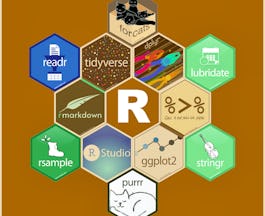
University of Colorado Boulder
Skills you'll gain: Computer Programming, R Programming, Data Visualization, Programming Principles, Statistical Programming, Computer Programming Tools, Data Structures, Communication, Data Analysis

Skills you'll gain: Computer Programming, Computer Programming Tools, Problem Solving, Programming Principles
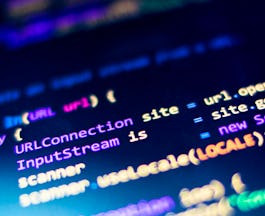
University of Pennsylvania
Skills you'll gain: Computer Programming, Java Programming, Programming Principles, Software Engineering, Computational Logic, Computational Thinking, Critical Thinking, Problem Solving, Computer Programming Tools, Data Structures
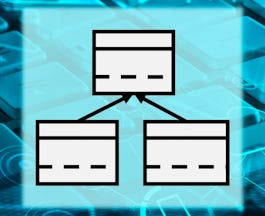
University of California San Diego
Skills you'll gain: Computer Programming, Java Programming, Problem Solving, Programming Principles, Algorithms, Computational Thinking, Computer Programming Tools, Computational Logic, Computer Graphics, Visualization (Computer Graphics)
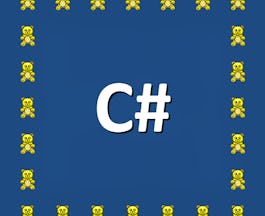
University of Colorado System
Skills you'll gain: Computer Programming, Programming Principles, Software Engineering, Computer Programming Tools, Critical Thinking, Mathematics, Problem Solving
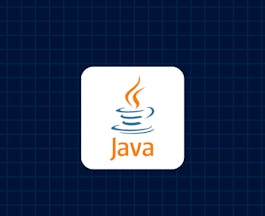
Board Infinity
Skills you'll gain: Algorithms, Computer Programming, Java Programming

Skills you'll gain: Databases, Cloud Applications, Computer Programming, Software Engineering

Rice University
Skills you'll gain: Computer Programming, Java Programming, Algorithms, Theoretical Computer Science, Computational Thinking, Distributed Computing Architecture, Software Engineering, Computational Logic, Critical Thinking, Data Structures, Programming Principles

Duke University
Skills you'll gain: Algorithms, C Programming Language Family, Computational Logic, Computer Programming, Critical Thinking, Problem Solving, Process Analysis, Programming Principles, Data Visualization, Theoretical Computer Science
 Status: Free
Status: FreeUniversity of Alberta
Skills you'll gain: Computer Programming, Python Programming, Programming Principles, Problem Solving, Computational Thinking, Process Analysis, Critical Thinking, Computational Logic, Algorithms, Computer Programming Tools, Computer Science

University of Leeds
Skills you'll gain: Computer Programming, Programming Principles, Python Programming
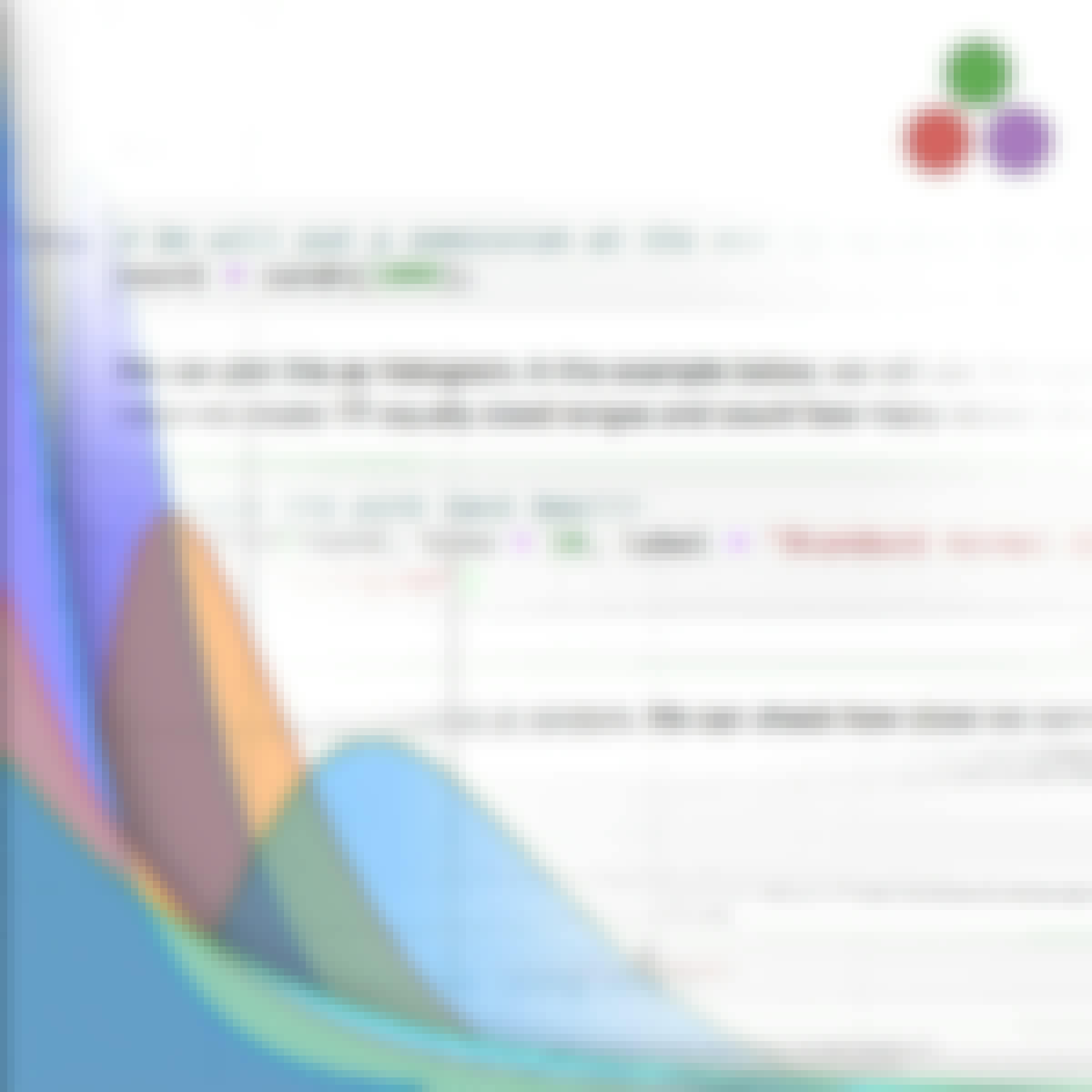
University of Cape Town
Skills you'll gain: Computer Programming, Mathematics, Other Programming Languages, Computational Thinking, Data Visualization, Programming Principles
In summary, here are 10 of our most popular programming courses
- Expressway to Data Science: R Programming and Tidyverse: University of Colorado Boulder
- COBOL Programming with VSCode: IBM
- Introduction to Java and Object-Oriented Programming: University of Pennsylvania
- Object Oriented Programming in Java: University of California San Diego
- Introduction to C# Programming and Unity: University of Colorado System
- Fundamentals of Java Programming: Board Infinity
- Introduction to Software, Programming, and Databases: IBM
- Parallel, Concurrent, and Distributed Programming in Java: Rice University
- Programming Fundamentals: Duke University
- Problem Solving, Python Programming, and Video Games: University of Alberta










